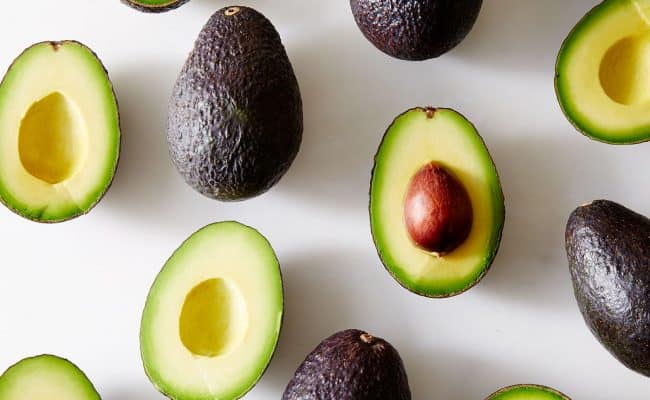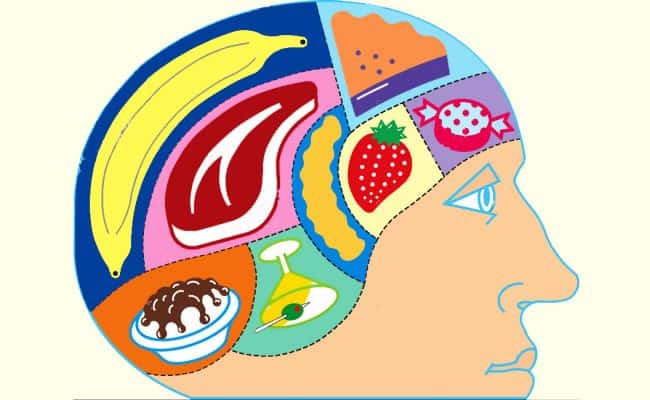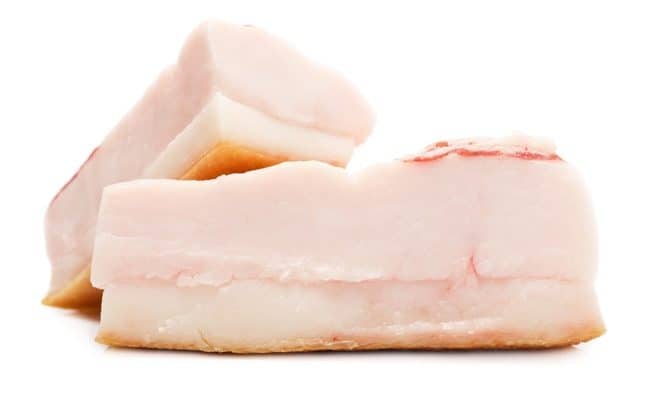
High levels of bad cholesterol in the blood can lead to build up of fatty plaques and hardening of the blood vessels. This in turn increases risk of heart disease and stroke. However, not all of the cholesterol in our blood is detrimental to our health.
Let’s look at the types of cholesterol in the body and what we can eat to reduce risk of these lifestyle diseases caused by cholesterol.
Types of Blood Cholesterol
There are two main types of blood cholesterol. The first is the bad LDL (low density lipoproteins), which is responsible for building up on the walls of blood vessels causing a condition known as atherosclerosis, which can result in heart attack or stroke.
The other is the good HDL, which is thought to remove cholesterol from the blood stream and take it to the liver.
In addition to high LDL cholesterol levels, low levels of HDL cholesterol are also associated with heart disease, so it is essential to look at factors which affect both types.
Ideally, we are looking to lower levels of LDL cholesterol and increase HDL to reduce risk of disease.
Types of fat and cholesterol levels
Saturated fats, such as those found in animal products, are known to increase levels of LDL cholesterol and so should be limited. These include butter, fat on meat, chicken skin, fat in dairy products, processed meats, coconut oil and palm oil.
The other type of fats known to increase LDL cholesterol and also decrease the good HDL cholesterol are trans fats. These are often seen as hydrogenated or particularly hydrogenated fats used in commercially baked products and fried foods.
Meat also contains small amounts of naturally occurring trans fat. It is important to note that although in the past, many margarines contained high levels of trans fats, this is becoming less and less common with many states in the US banning the sale of products containing trans fats.
There are also some fats that seem to have positive effects on cholesterol levels. Poly and monounsaturated fats have been found to decrease levels of LDL cholesterol and increase HDL.
Monounsaturated fats include those found in avocados, almonds, cashews and peanuts, as well as oils such as canola, soybean, sesame and sunflower.
Polyunsaturated fats include fats found in fish, margarine, linseed, sunflower oil, pine nuts and brazil nuts (omega 6 fatty acids), as wells as those found in oily fish such as tuna, salmon, sardines and mackerel, walnuts and linseeds (omega 3 fatty acids).
Omega 3 fatty acids are thought to be especially effective in improving heart health; with the American Heart Foundation recommended we consume at least two serves of oily fish per week. Similarly, olive oil seems to have fairly well-proven heart benefits, with a combination of unsaturated fats and potent antioxidants producing its LDL cholesterol loweing effect.
Fibre and cholesterol
Soluble fibre has been found to reduce LDL cholesterol levels, by inhibiting the absorption of cholesterol into the blood stream. This type of fibre is found in oatmeal, oats, kidney beans, apples, pears, barley and prunes.
It is estimated that five to ten grams of this type of fibre per day can lower LDL cholesterol, which can be easily achieved when a banana contains around four grams and one and a half cups of oatmeal gives you six grams.
Soy and cholesterol
The American Heart Foundation has concluded that while eating soy products does have some effect in lowering LDL cholesterol, the effect is modest.
However, by replacing meat and dairy, which are high in saturated fats, with soy products such as tofu and soy milk, a cholesterol lowering effect may be seen due to a reduction in saturated fat.
Plant Sterols and cholesterol
Many food products such as milk, juice, margarine, breakfast cereals and yogurts are now fortified with plant sterols or stanols, which work to inhibit the absorption of cholesterol.
There is good evidence to suggest that these are effective in lowering LDL cholesterol, but seem to have no effect on good HDL. However this is an expensive way to decrease cholesterol levels as these fortified products tend to be significantly higher in price than their unfortified counterparts.
It should also be noted that a fairly large amount of the products are needed to see effects, which for some may be difficult to achieve.
It is thought that two grams of sterols per day is required to see results, which equates to around 25 grams of margarine, however, if you consume a few types of fortified products it may be easier to meet this amount.
Dietary cholesterol and blood cholesterol levels
In the past many people avoided foods that were high in cholesterol as they believed that this would cause their blood cholesterol to rise.
It has since been found that cholesterol we eat in food has far less effect on blood cholesterol levels than saturated and trans fats and that these are the true culprits for raising cholesterol levels.
This has not stopped may food manufacturers from using the term ‘cholesterol free’ as an advertising gimmick designed to make the product seem healthy.
It is now thought that there is no need to limit high cholesterol products, unless they are also high in saturated fat.
For this reason, it is recommended that foods such as eggs can be eaten on a regular basis and are a highly nutritious food.
Alcohol and cholesterol
It has been found that moderate intake of alcohol, particularly red wine, can lead to increased levels of good HDL cholesterol. However, due to other health risks, alcohol should be consumed in moderation.
How to eat for a healthy heart
In summary, here are some dietary changes that can help you reduce LDL cholesterol and increase HDL cholesterol, leading to a healthier heart.
- Swap saturated fats such as butter for unsaturated alternatives, particularly olive oil.
- Remove visible fat from meat and chicken skin before cooking.
- Choose low fat dairy products.
- Eat oily fish at least twice per week.
- Eat a healthy balanced diet with plenty of fruit and vegetables
- Choose high fibre alternatives such as whole grain breads and legumes
- Achieve and maintain a healthy weight
- Exercise for at least 30 minutes at a moderate intensity at least five days a week
- Limit alcohol to no more than two standard drinks per day for men and one for women, with at least two alcohol free days per week.
References used in this article











Helen Cool says
Fantastic! Good job! Love this article…it’s well explanatory; this is what I’ve been lookin’ for! WOW!!!